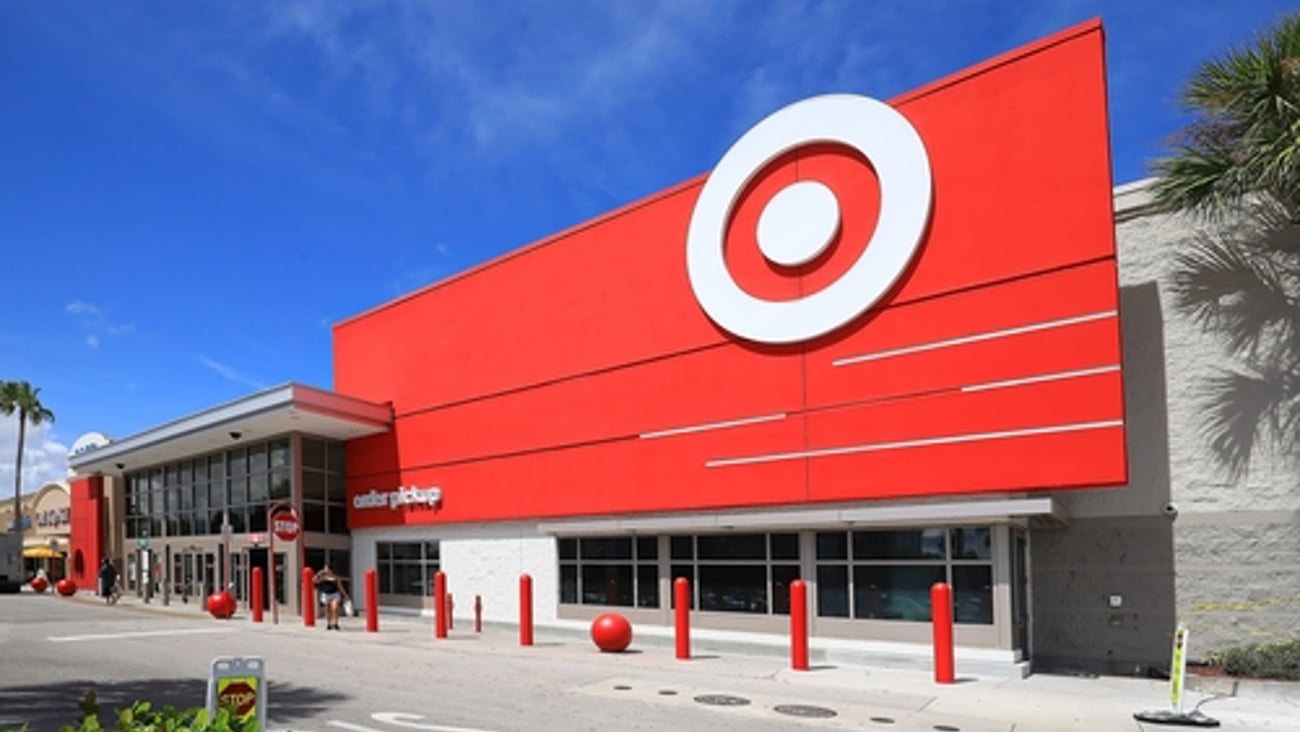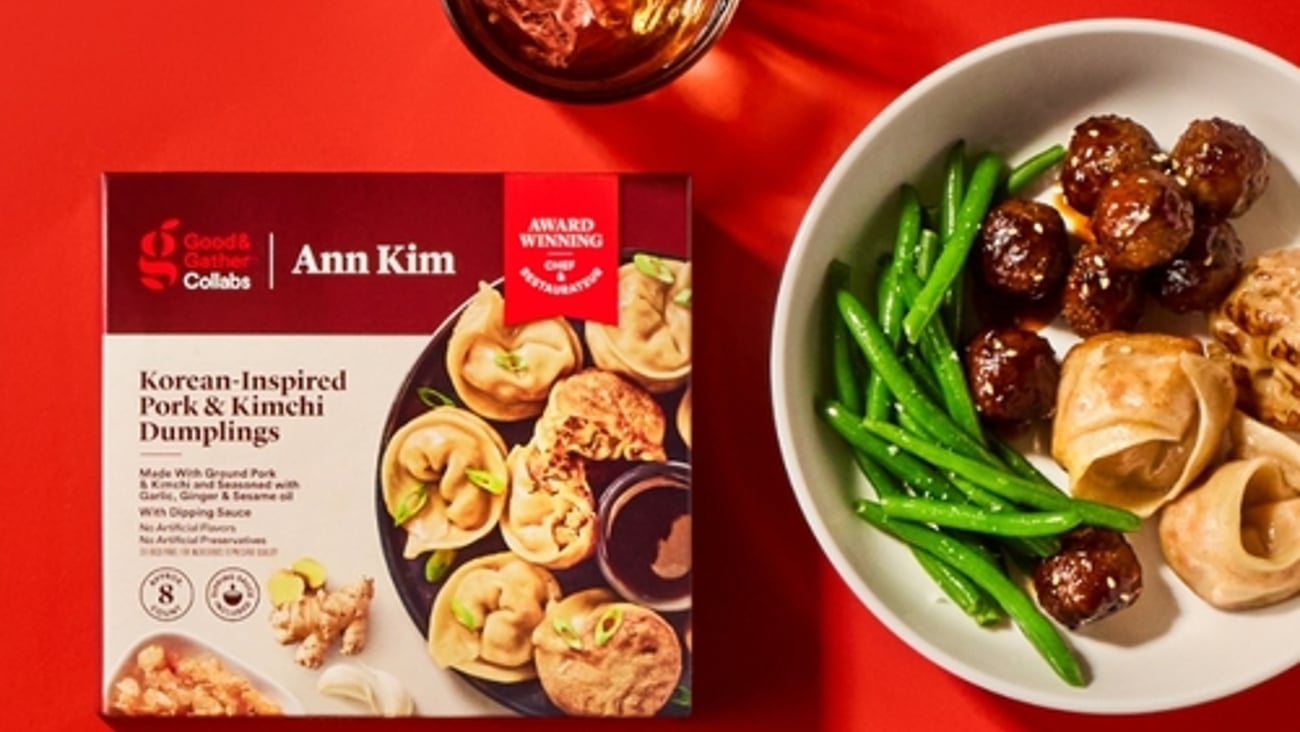Amazon aims to win back Whole Foods' customers with low prices
What did you think was going to happen? Did you really think Amazon was going to live down that “Whole Paycheck” label?
You knew that Amazon was going to lower prices on Whole Foods Market items after officially acquiring the Austin, Texas-based organic retailer on Monday after the feds approved the $13.7 billion deal. You knew that because Amazon’s very foundation was built upon low prices.
But what got me about Amazon’s announcement that it would lower Whole Foods’ prices was when that would occur — on the same day that the deal closed for the Seattle-based megacorp’s acquisition of Whole Foods!
Talk about coming out swinging.
Of course, Amazon’s swinging landed on the proverbial jaws of the big grocers, several who saw their stocks drop several percentage points the day of Amazon’s announcement. It was the second time they had taken it on the chin from Amazon in a few months — the first time being when Amazon announced its intention to buy Whole Foods in June. But that’s roller-coaster Wall Street for you.
I recently spoke to Jim Holbrook, CEO at Daymon, who hit the nail on the proverbial head when he said that Amazon tends to do things “directly and forcefully,” and that he was therefore not surprised by Amazon’s decision to lower prices on Whole Foods’ products on the very first day it owned the company.
“I don’t think they are going to spend a whole of time figuring things out,” Holbrook said.
That’s a compliment, not an indictment that Amazon is in too much of a rush for its own good.
“Amazon knows what it needs to do,” Holbrook adds.
There is a plethora of private brands involved in the Amazon-Whole Foods merger, from Amazon’s burgeoning own brands to Whole Foods’ lines of natural and organic products. It will be intriguing to see what Amazon’s next steps are for Whole Foods and its own private brands. But, as Holbrook pointed out, expect Amazon to move fast with a well-conceived plan.
There is a compelling dynamic at work here, though, which could have a tremendous impact on the grocery segment, especially private-branded organic products. Remember, Whole Foods, which saw same-store sales drop for eight straight quarters — meaning it was losing customers left and right — was downright struggling when Amazon acquired it.
And Whole Foods was struggling because retailers like The Kroger Co., Ahold Delhaize, Costco and Walmart began eating Whole Foods’ lunch when it came to organics. While Whole Foods helped put organics on the map and proved there was an audience for them, Whole Foods charged too much for its products in many consumers' eyes — hence, the “Whole Paycheck” label.
Soon, Kroger and other retailers learned they could curate their own private-branded organic lines and sell them for less. And we’re talking some darn worthy lines here, as in Kroger’s Simple Truth and Ahold Delhaize’s Nature’s Promise, that have attracted loyal followings.
Organic is still small — comprising about 5 percent of all U.S. food sales — but consumers brought more organic fare in 2016 than ever before, according to the Organic Trade Association. There is no reason to believe that organic growth will slow anytime soon.
No doubt that Kroger, Ahold Delhaize, Costco, Walmart and other retailers, including Whole Foods, are the reason why organics are one of the fastest-growing categories in store brands. Costco, in fact, is the largest organic food retailer in the country.
So the question surrounding Amazon is, how low will it go in reducing Whole Foods’ prices? Will it go low enough to bring back lost customers, many who might just be loyal to the Simple Truths of the world? And what impact will Amazon's online wizardry have on the situation?
Time to sit back with a bowl of organic white corn tortilla chips and watch this ball game play out.





